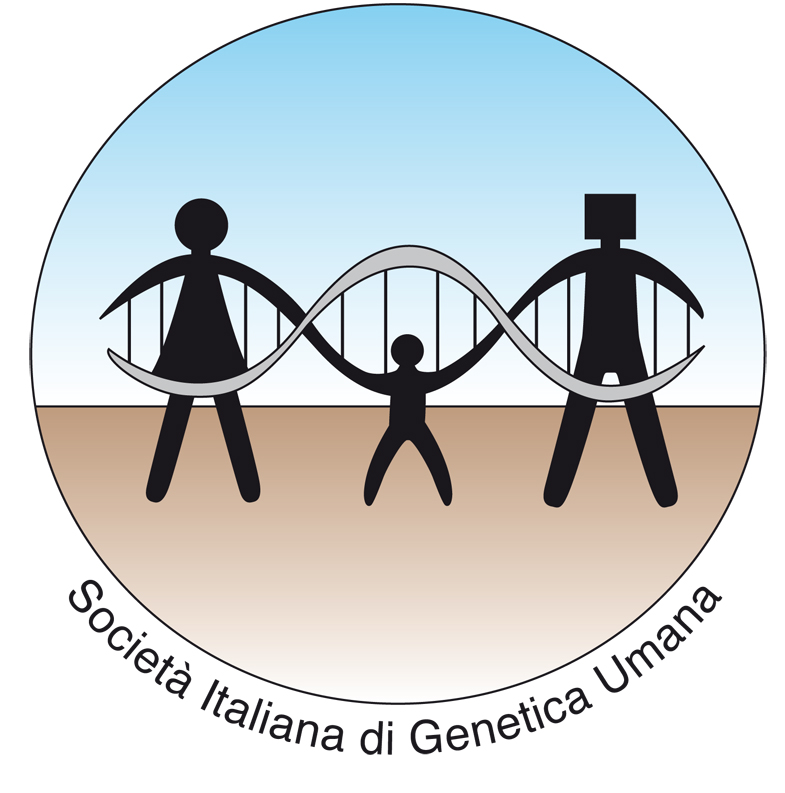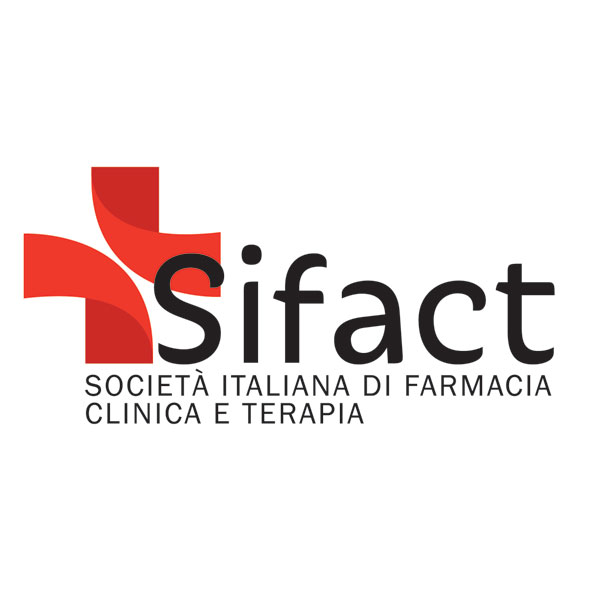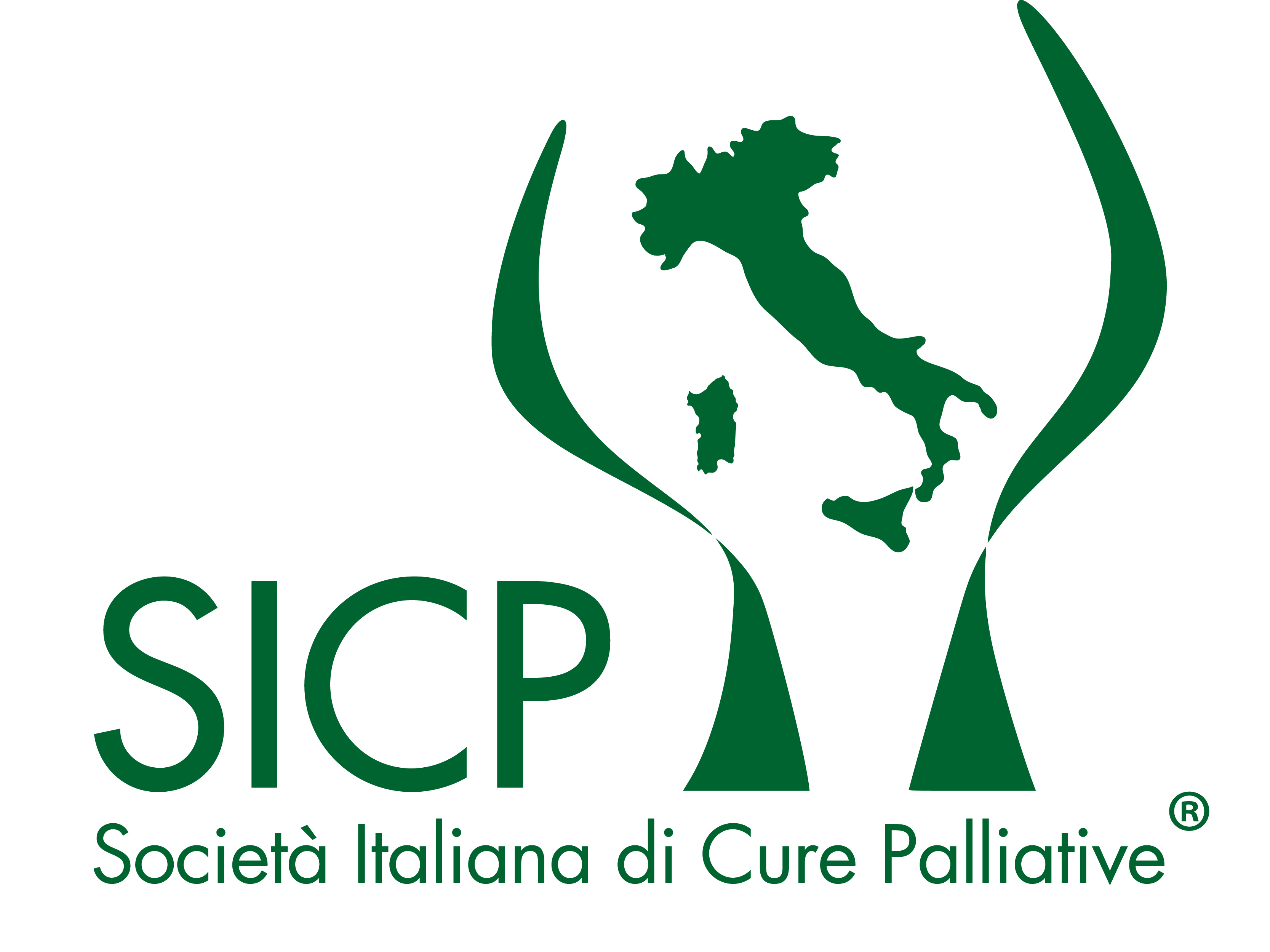
by cristiano | Oct 17, 2018
HLA-DQ2/DQ8 genotyping is appropriate only in cases of uncertain diagnosis and in subjects with increased risk, like family members of celiac patients (to exclude from subsequent repeated controls the subjects who are negative) and patients with a disease implying an...

by cristiano | Oct 17, 2018
The results of numerous prospective clinical studies indicate that chemotherapy administered to patients with metastatic cancer in their last 30 days of life is ineffective and leads, particularly in the last week of life, to an increased utilization of intensive care...

by cristiano | Oct 17, 2018
Generic drugs have the same composition as branded drugs and possess similar effectiveness, but their cost is 30 to 70% lower. In Italy, the increased use of generics from 2010 al 2014 (+55% as DDD/1000 inhabitants/day) has determined a saving in the pharmaceutical...

by cristiano | Oct 17, 2018
Shared planning of care is provided for by Law 219/2017 “Rules on Informed Consent and Advance Treatment Provisions”. It allows the sick person, if desired, and the treating physician to align themselves on the goals of care, on futile or disproportionate...

by cristiano | Oct 17, 2018
As highlighted by a recent systematic review, the intervention of specialized multi-professional palliative care teams in the home is better for ensuring effective symptom management and supporting patient death at home than the more “traditional”...








Recent Comments